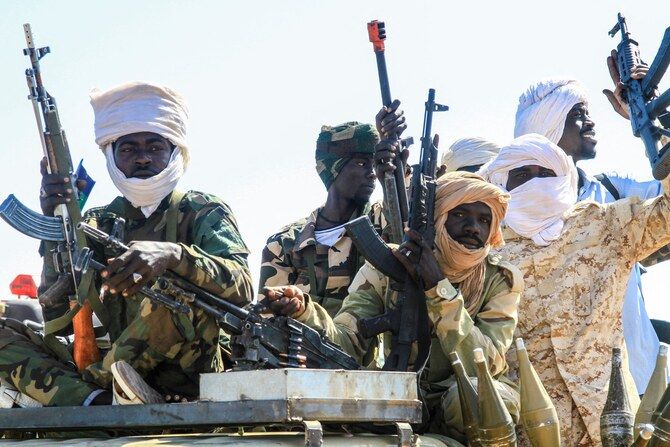
South Sudanese forces dropped improvised incendiary weapons in aerial attacks last month that killed nearly 60 people, including children, in the country’s volatile northeastern region, Human Rights Watch (HRW) said on Thursday.
The young nation has long struggled with instability, but recent clashes between forces loyal to President Salva Kiir and those aligned with First Vice President Riek Machar in Upper Nile State have raised fresh concerns about the fragility of a 2018 peace agreement that ended a brutal five-year civil war. International observers have warned that the uptick in violence could signal a dangerous return to widespread conflict.
According to HRW, interviews with local residents confirmed the use of incendiary weapons in at least four separate attacks across Nasir, Longechuk, and Ulang counties. These assaults resulted in the deaths of at least 58 people and left several others with severe burns.
“The government’s use of these weapons in populated areas may amount to war crimes,” HRW said in a statement, urging the United Nations to press the South Sudanese government to immediately halt such attacks. The rights group also called for the urgent deployment of peacekeeping forces to protect civilians in the affected regions.
The South Sudanese government has yet to respond to requests for comment from AFP.
HRW’s findings are based on interviews with civilians across the impacted areas. In Mathiang village, Longechuk County, at least 21 people were killed between March 16 and 19. During the same period, an attack on Nasir town left at least 22 people dead and dozens of homes destroyed, according to two local officials.
In Kuich, a village in Ulang County, HRW said three witnesses saw a propeller-driven aircraft drop barrels containing incendiary substances on March 21. That attack killed 15 people, including three children. As of March 30, seven individuals remained in critical condition.
Witnesses described horrific injuries suffered by the victims. “Their black skin is coming out. One man who died at the hospital was burned—even his teeth,” one survivor told HRW.
Tensions have escalated in Upper Nile State, with President Kiir’s allies accusing Machar’s forces of fueling unrest and collaborating with the White Army—a loosely organized group of armed youths from Machar’s Nuer ethnic group.
The government has previously confirmed conducting airstrikes in the region. On March 17, Information Minister Michael Makuei Lueth told reporters that the attacks were part of ongoing “security operations.”





